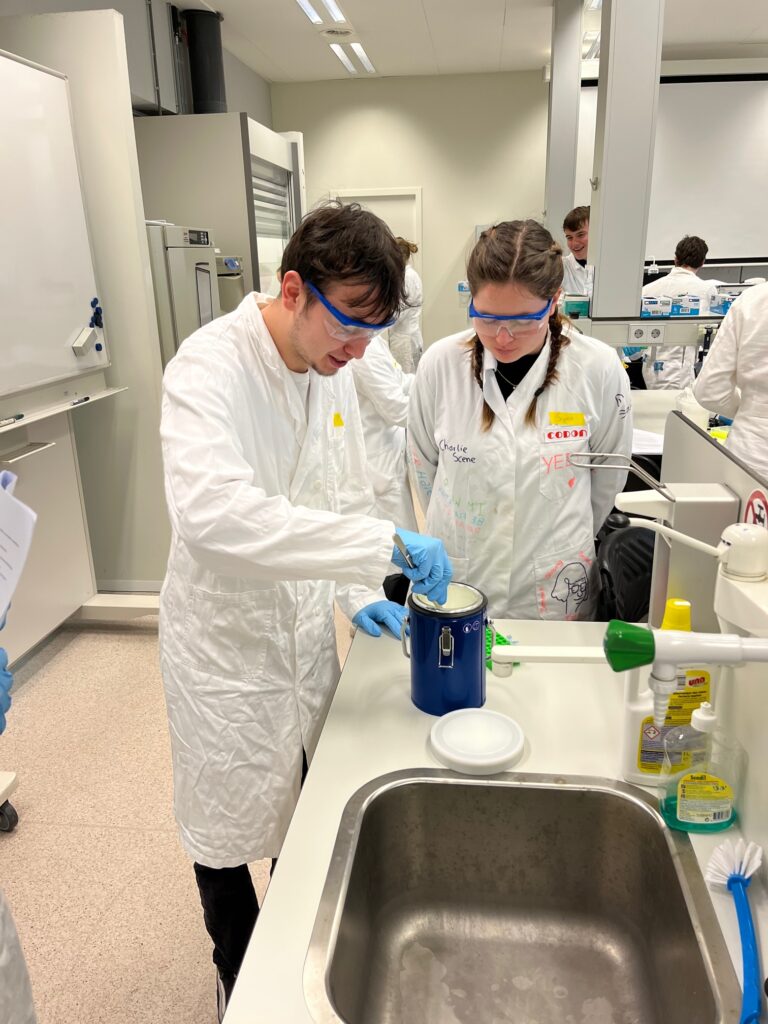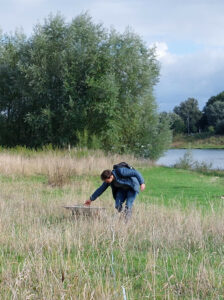BSc & MSc courses
Vector-borne diseases affect humans and animals in a multitude of ways. In some cases, animals are ‘just’ reservoir hosts which suffer relatively little from disease, but play an important role in pathogen transmission. For example, we study the differential role of mice species (Apodemus, Myodes) occurring in Dutch nature areas, in the transmission risk of tick-borne encephalitis virus. In other cases, animals and humans suffer tremendously.
BSc
- wqe
- qwe
- dqd
MSc
- qqwe
- wqe
- qweqwd


BSc & MSc thesis topics
Vector-borne pathogens (parasites, bacteria and viruses) ‘hitchhike’ with a vector, in order to reach new hosts for further replication and transmission. In our group, we are interested in why some mosquitoes, midges or ticks are such good vectors of certain pathogens, and others not. For this purpose, we study pathogen-vector interactions in our secured Bio-Safety Level 3 laboratory in collaboration with the Laboratory of Virology. We have several insect rearings in house, including Anopheles, Aedes and Culex to study their role in the transmission of flaviviruses (West Nile virus, Zika) and alphaviruses (chikungunya and Mayaro). For more info see tip.wur.nl